How the 8 Effects of Arts Education Are Changing Online Pedagogy, Part 4
Kadenze
APRIL 29, 2019
discusses the distinctive effects arts-led learning is having on online learning design. From ‘learning to improve your kissing technique’ to ‘learning to train your brain to be smarter’, as though all learning involves the architecture of human cognition in the same ways.


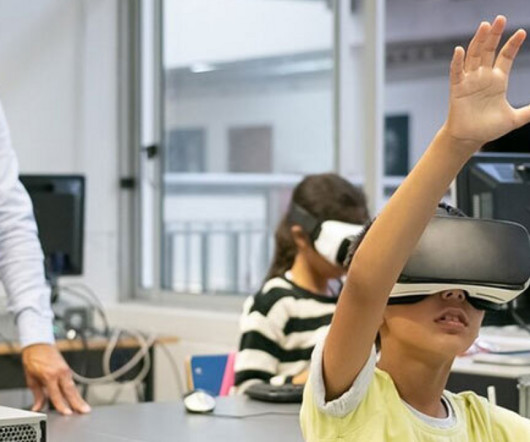
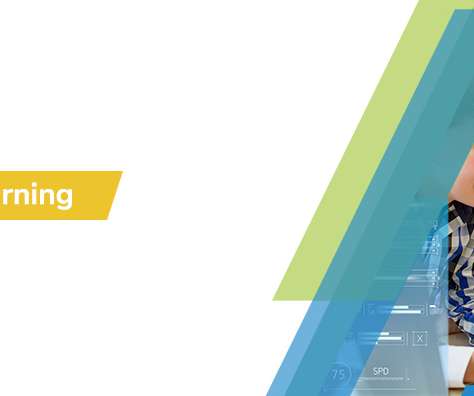
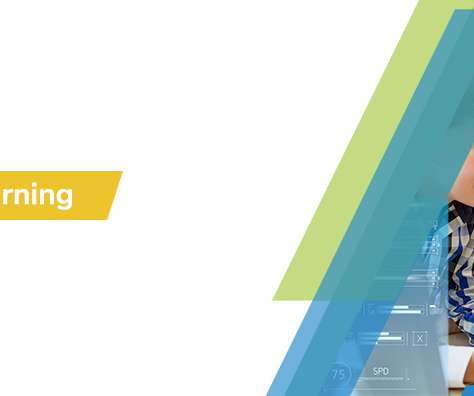

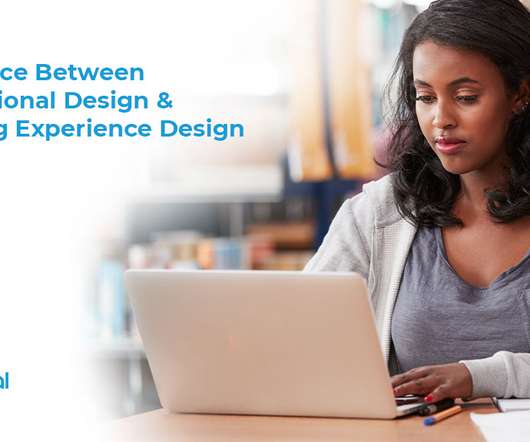
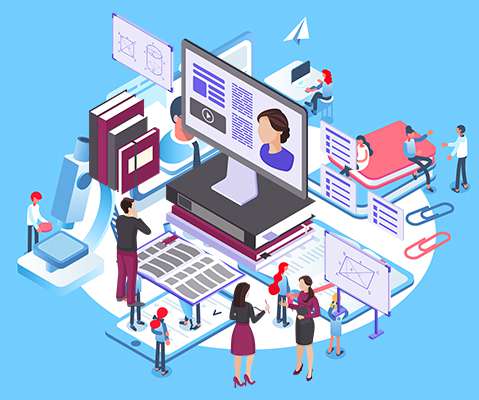
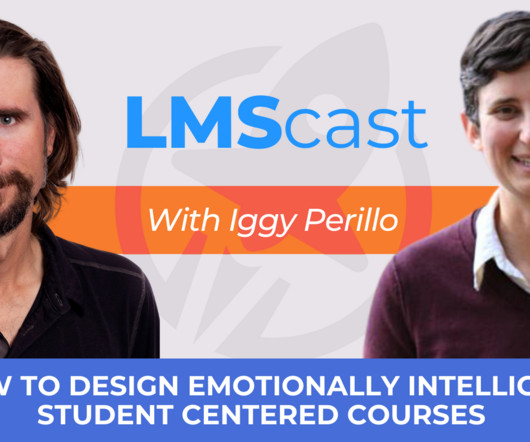




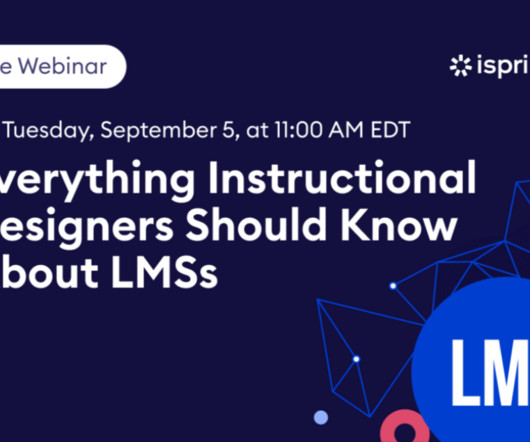



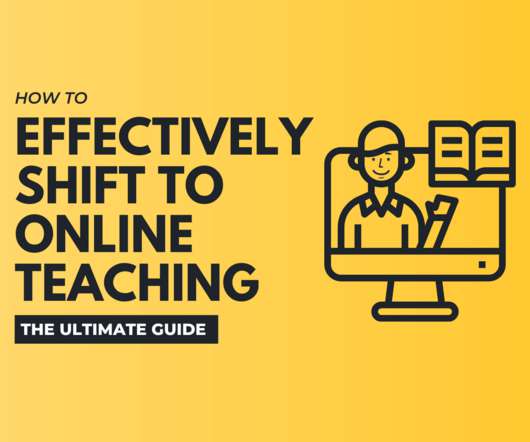

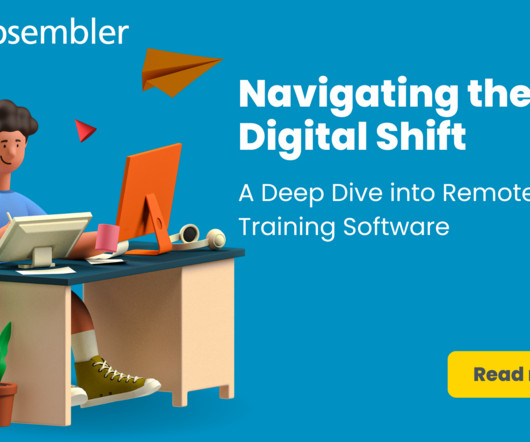










Let's personalize your content